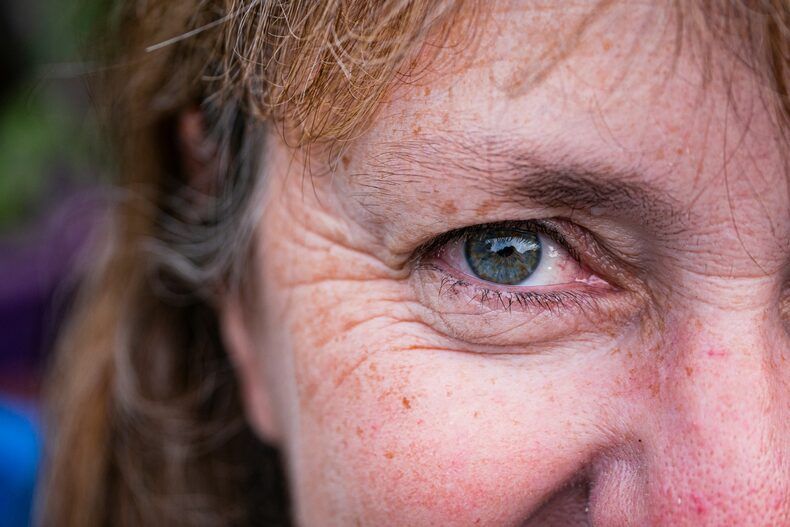According to a study published in the British Journal of Sports Medicine, if less physically active adults walked 160 minutes a day, they could increase their life expectancy.
For many people, practicing physical activity on a continuous basis is seen as a difficult challenge, or even simply not a priority.
However, several studies have indicated that moving is associated with various health benefits beyond weight control: reduces the risk of heart disease, improves mood, reduces cognitive decline, and even provides more restful sleep.
Now, there is another benefit why you should include this habit in your daily routine. According to a recent study published in the journal British Journal of Sports Medicine , Being as active as the richest 25% of Americans could extend your life by 5 to 11 years .
Why was the study carried out?
Science has found that low levels of physical activity are linked to an increased risk of developing non-communicable diseases, such as cardiovascular disease, cancer and diabetes, as well as premature death.
But until now, there hasn’t been enough evidence of how much life expectancy is falling in certain groups of people or in certain countries. Life expectancy is the estimate of the average number of years a person can expect to live after birth.
Faced with this question, the team from Griffith University, the University of New South Wales and the University of Aarhus developed a predictive model to estimate the impact that different levels of physical activity could have on life expectancy in the United States.
The model was based on estimates of physical activity risk from data from adults aged 40 and older who participated in the National Health and Nutrition Examination Survey. They also used 2019 population data obtained from the U.S. Census Bureau and 2017 deaths from the National Center for Health Statistics.

How much exercise should you do to live longer
Using their model, the scientists calculated that the total physical activity of the most active 25% of the population in the United States corresponds to 160 minutes of walking at a normal pace, each day.
This is how they estimated that If all American adults aged 40 and older did this level of exercise daily, they could increase their life expectancy by up to 5 years on average. and life expectancy at birth would increase from 78.6 years to 84 years.
Whereas if 25% of the population committed to walking 111 minutes more per day, the benefit could be much greater: it would increase their life expectancy by almost 11 years.
“The greatest gain in lifespan per hour of walking was observed among people in the lowest activity quartile, where one hour of walking could add an impressive 6 hours to life,” noted the authors of the study. research.
Gains in life expectancy declined as physical activity increased, where on average, each additional hour of walking at a normal pace could add 169 minutes to life expectancy, or almost three hours.
The research team emphasizes that their study is observational, which does not prove cause and effect. Despite this, their results prove that investing more time in physical activity could potentially be beneficial for a long life.
“Infrastructure measures that encourage active transportation, walkable neighborhoods and green spaces could be promising approaches to increasing physical activity and, therefore, healthy life expectancy at the scale of the population. » they added.

What the WHO recommends about exercise
According to the World Health Organization (WHO) around 5 million deaths per year could be avoided if the world’s population was more physically active.
“All people, regardless of age and ability, can be physically active and every type of movement counts,” they describe.
The agency’s recommendation is as follows: Adults should get 150 to 300 minutes of moderate aerobic physical activity per week . Meanwhile, for the Children and adolescents suggest an average of 60 minutes per day .
In the case of people aged 65 or over, the WHO suggests doing exercises focused on balance, coordination and muscle strengthening, not only to improve general health, but also to prevent falls.
Source: Latercera
I’m Rose Brown , a journalist and writer with over 10 years of experience in the news industry. I specialize in covering tennis-related news for Athletistic, a leading sports media website. My writing is highly regarded for its quick turnaround and accuracy, as well as my ability to tell compelling stories about the sport.


